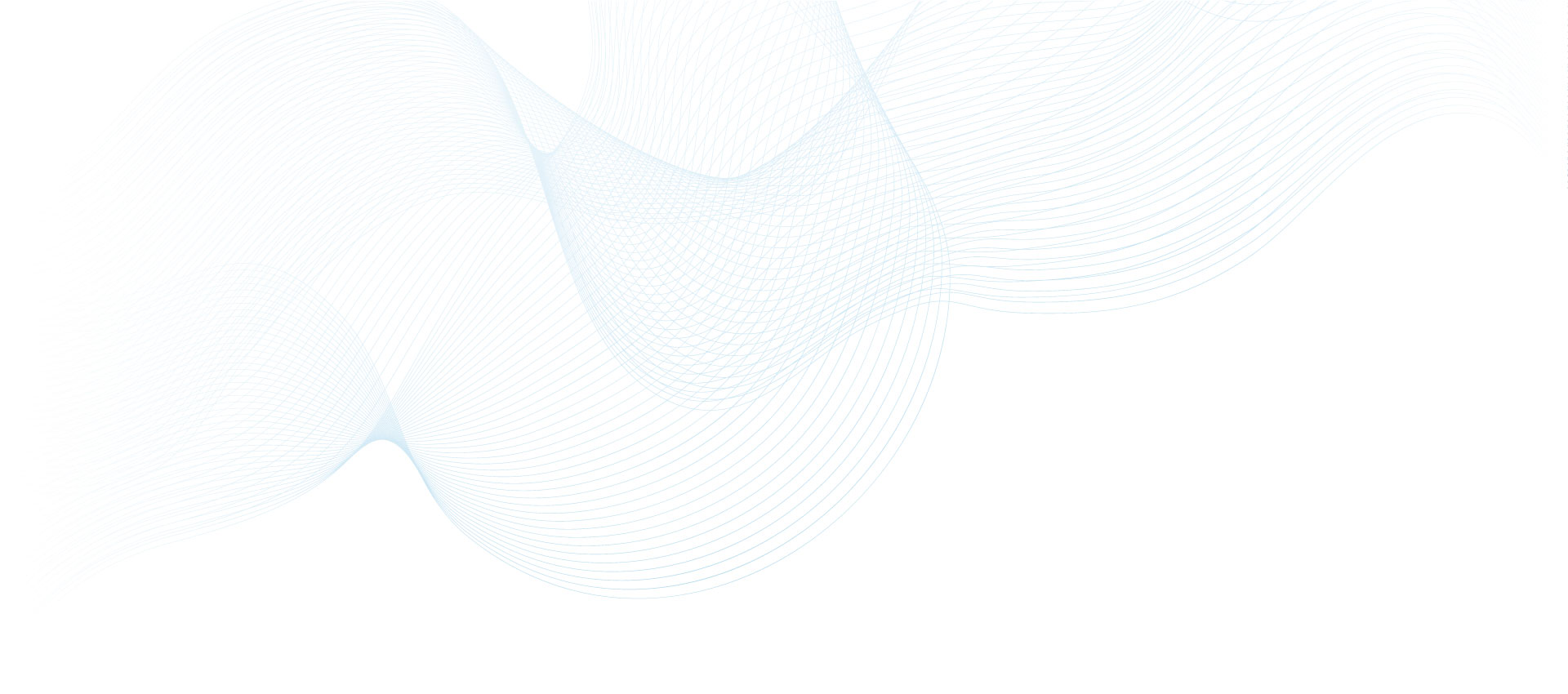
Blame the Internets
By: Nikki Little
In the last week or so, we have had headline-grabbing public outbursts of rudeness and incivility (Kanye West, Venus Williams, Joe Wilson, e.g.) that have led researchers at Johns Hopkins University to conclude that the Internets are making us all rude, short and crass:
How we got to this place isn’t a mystery, says Forni, author of The Civility Solution: What to Do When People Are Rude.
“American society is among the most informal in the world, and often that informality crosses over into incivility,” he says. “Now, you add the informality of the Internet to this culture, and all bets are off. It’s an age of total disclosure and total expression, with very little concern for the feelings of others.”
The ability to comment about others from a distance and with anonymity is the Web’s hallmark and its poison, says Jerry Bowles, co-founder of SocialMediaToday.com, which keeps tabs on the impact of social media on society. Bowles’ recent blog post lamented the recent erosion of civility.
“The Web seems to turn most people into adversaries, and in doing so, we tend to lose the ability to really talk to each other,” he says. “This is particularly true for politics on the Web, where the comments tend to run to the extremes and sometimes can be downright seditious. I find it scary.”
It’s certainly true that the new social nature of the Internet gives everyone a megaphone, and that’s not always a good thing. Take a stroll through any comments section on any online site, blog or media outlet, and you will find anonymous tirades and tantrums that you’d hope to never expose to your children in a public place.
It’s an interesting theory, and there may be some kernels of truth in there somewhere, but I’m not buying it. Some people are just plain rude. Others are hotheads (think John McEnroe, LONG before the arrival of the Web). And too many are publicly crass. Theories of how the Internet has shaped or changed these traits among us are, I believe, too clever by half. (I’m also not buying the notion that Americans have the market cornered on rudeness. Take a look at some Asian parliament sessions online; or even some in Great Britain, to name only two examples.)
However, this does provide yet another moment to reexamine the “new” media, and how the new technological landscape affects us. It is important to remember that nearly everyone has a microphone and stage these days (metaphorically). There are certainly no shortage of opinions out there. Put the two together and virtually every company has on their hands a matter worth observing, managing and paying heed to.


